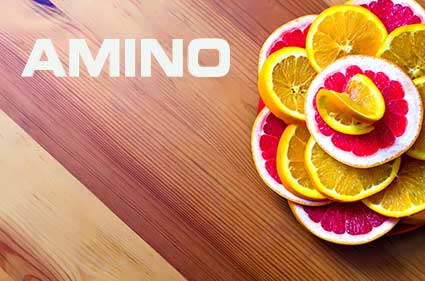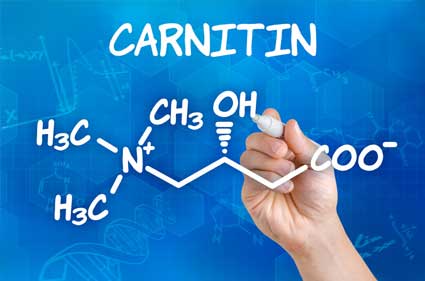What are amino acids?

Glutamine and glutamic acid
07/09/2016
What is Carnitine?
07/09/2016IRONIXX®: A nutritional supplement with amino acids, vitamins and minerals
5 Reasons to choose IRONIXX®:
- Made in Germany from the very beginning, without exception
- The highest quality at a fair price
- Premium quality raw materials, no bulking agents, sweeteners, gelatine or artificial colourings
- No side-effects: all of our products have been classified as freely marketable nutritional supplements
- IRONIXX® was chosen as Germany’s best amino acid product.
We were the first in Germany to have specialised in the diversified field of use of amino acids and we continue to set the standard in this area.
- Choose a product from the side or find out about the fields of application for which product composition bests suits you.
Twenty percent of the human body is made up of protein. Protein plays a crucial role in almost all biological processes and amino acids are the building blocks of it.
A large proportion of our cells, muscles and tissue is made up of amino acids, meaning they carry out many important bodily functions, such as giving cells their structure. They also play a key role in the transport and the storage of nutrients. Amino acids have an influence on the function of organs, glands, tendons and arteries. They are furthermore essential for healing wounds and repairing tissue, especially in the muscles, bones, skin and hair as well as for the removal of all kinds of waste deposits produced in connection with the metabolism.
Taurine
Taurine is a byproduct of the sulphurous amino acids cysteine and methionine. Contrary to common belief, Taurine is in itself not an amino acid in the scientific sense, as it does not contain a carboxy group. It is therefore in fact an amino sulphonic acid.
Taurine is important for the body because of its part in the maintenance of organ and cell function. Because of its capabilities, such as being able to stabilize the fluid balance in the cells, its antioxidant effects and its relatively high presence in the heart muscles, we have decided to include it here.
Taurine is important for the heart
The concentration of the amino sulphonic acid taurine in the heart muscle cells is significantly higher that of all of the other amino acids. At 50%, it is the highest percentage of the entire free amino acid pools in the heart. In this way, taurine has an anti-arrhythmic as well as a positive inotropic effect on the heart, meaning it increases the regularity and strength of the heart concentration. Besides the blood pressure regulating properties, supplementation with taurine can be useful to lower cholesterol levels, as taurine stimulates the gall bladder.1



